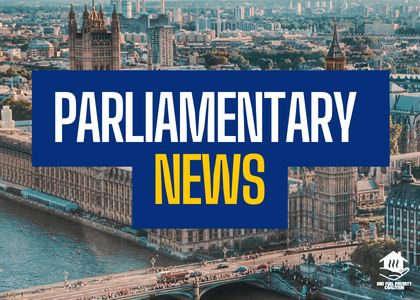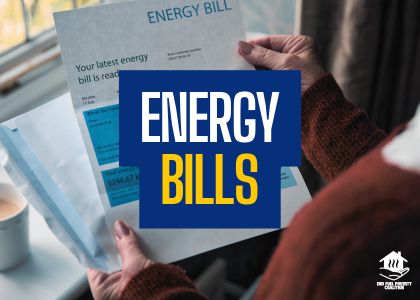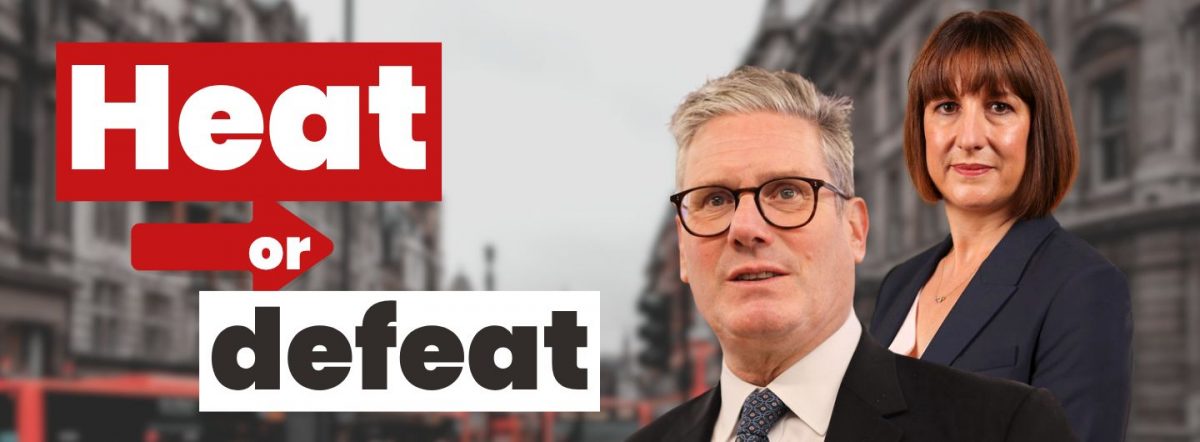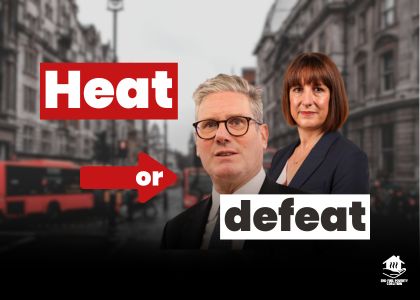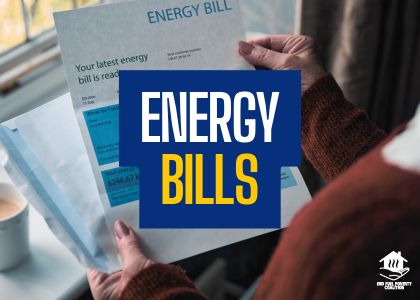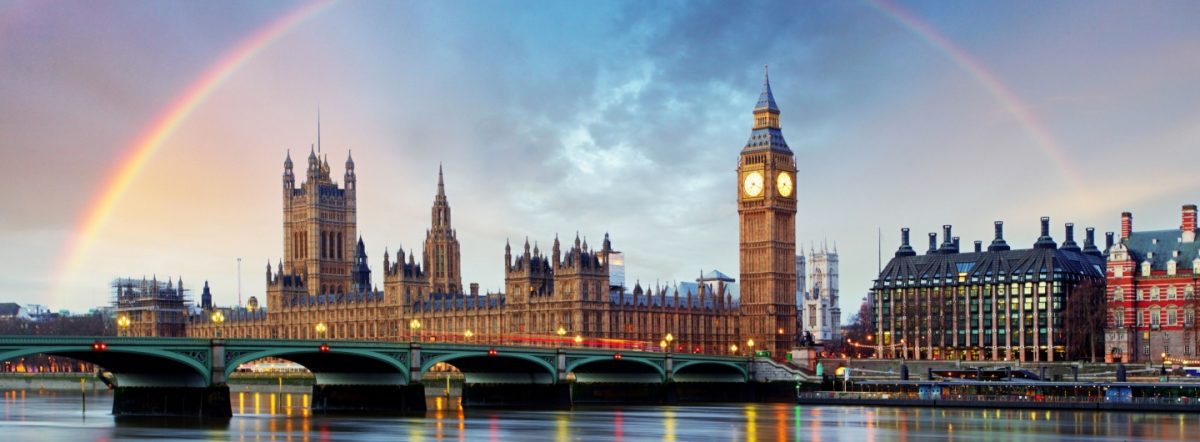Changes to the windfall tax being considered by Rachel Reeves in this month’s budget could see the oil and gas industry handed a £6 billion tax cut, whilst promised investment in energy efficiency to cut household bills is potentially going to be slashed by the same amount (£6.4bn).
With tax increases for working people also widely expected, any roll-back on funding for warm homes would represent yet another broken manifesto promise from this Chancellor, say campaigners.
According to media briefings reported by The Guardian, the Treasury is considering diverting funding from the £13.2 billion Warm Homes Plan — a programme designed to improve cold, damp homes and permanently lower household energy bills — in order to fund short-term energy bill support.
The proposed move would effectively cut the UK’s energy efficiency budget by 40% over five years by substituting parts of the Warm Homes Plan for existing schemes.
Meanwhile, proposals drafted by the oil and gas lobby group Offshore Energies UK, which are being considered by the Chancellor, suggest that removing the Energy Profits Levy at the end of this year, as the industry is pushing for, would lead to a tax loss of £6 billion to the UK Treasury over the next decade.(1)
The oil and gas industry has been lobbying hard for months to scrap the windfall tax in order to reduce their tax bill, despite the sector posting billions in profit, and companies like Shell reporting negative UK taxes last year.
In response to the proposed tax cut, Robert Palmer, deputy director of Uplift said:
“Oil and gas companies have made billions in recent years while millions of people in the UK have struggled with unaffordable energy bills. Worse, firms have chosen to hand these windfalls to overseas shareholders rather than reinvesting them to support UK jobs. To even be considering scrapping measures to cut household bills while cutting taxes for profiteering oil companies would be deeply unfair.”
Palmer also called out the poor economics of the basin and warned Reeves against propping up an industry that is only profitable because of the UK’s generous tax regime.
“The reality is the North Sea is in rapid decline, with most of the gas already burned – and what’s left is increasingly expensive to extract. New drilling is only viable if we hand out even bigger tax breaks to wealthy energy companies, taking money away from public services. Quite apart from the climate impact, it is economic lunacy to continue to allow drilling that would not be viable without the Treasury’s thumb on the scale.”
Simon Francis, coordinator of the End Fuel Poverty Coalition, commented:
“Giving tax breaks to fossil fuel giants and failing to collect tax from large corporations while cutting support for those in fuel poverty are short-term acts of weakness by the Chancellor.
“We obviously understand the urgent need to cut energy bills, but the Chancellor – who previously brought us the Winter Fuel Payment fiasco – is not thinking things through. Taking action to improve energy efficiency helps to cut bills in the long run, protect health and reduce our dependence on expensive fossil fuels.
“It’s entirely possible to bring down energy bills in a fair way — by improving insulation, reforming electricity pricing, and using public investment to upgrade our grid. Instead, we’re seeing the Government ignore long-term solutions while considering tax cuts to those who need them least.”
The latest data shows that around 12.1 million UK households are struggling with unaffordable energy bills, with 5 million of those in deep fuel poverty — spending over 20% of their income on energy.
Annabel Rice, senior political adviser at Green Alliance, said:
“If the government is serious about lowering people’s bills for good, they must invest in insulating our homes, not raid schemes that have helped families lower their energy costs to make their sums add up in the budget.
“We’ve seen more than five different insulation schemes from the government in recent years in England and they show us one thing: stop-start policies confuse homeowners, make jobs in this industry less viable and create uncertainty for investors. With almost nine million families in fuel poverty as winter approaches, it’s time for a fully funded, long term Warm Homes Plan.”
The Warm Homes Plan had been expected to support a wide range of upgrades including insulation, heat pumps, home energy advice, and local council-led retrofit schemes. It was announced as a cornerstone of the UK’s mission to reduce energy demand, support vulnerable households, and cut carbon emissions.
But experts warn that diverting its funds to cover existing schemes will drastically limit its impact, especially for households living in the worst conditions — and risks undermining the Government’s own statutory targets to end fuel poverty by 2030.
Jonathan Bean, campaigner at Fuel Poverty Action, said:
“The Government should be focussed on getting homes fixed, and replacing the failed Eco4 scheme with a well funded home upgrade program that delivers high quality work and guaranteed bill savings. We need a bigger investment in retrofit skills and quality control, not a budget cut that ends up in the pockets of the oil and gas giants.”

